Building Trust in Employee Relations:
Strategies for Success

5 PROVEN STRATEGIES TO BUILD TRUST WITH YOUR EMPLOYEES
Written by Ryan P. Collins, MBA, PHR, SHRM-CP
Oct 20, 2023 | Employee Relations
In the complex symphony of workplace dynamics, trust is the golden note that holds it all together. When trust thrives, so does employee relations, and success follows suit. Join us on this journey to uncover the art of building trust within your team, a critical element for a harmonious workplace.
Why Trust Matters in Employee Relations
Trust is the bedrock of any healthy and productive workplace. It's the intangible element that cements the bond between employees and their organization, fostering an environment where everyone thrives. The significance of trust in employee relations cannot be overstated, as it has a profound impact on various aspects of an organization's success.
Employee Engagement and Retention
Trust is a magnetic force that attracts and retains top talent. When employees trust their organization and leaders, they are more likely to be engaged, committed, and willing to invest their time and energy in their work. According to a report by the Society for Human Resource Management (SHRM), 65% of employees say that trust in their immediate supervisor is critical to their job satisfaction.
Productivity and Collaboration
Trust creates a harmonious and collaborative work environment. Employees who trust their colleagues and superiors are more likely to work together seamlessly, leading to increased productivity. A study by Great Place to Work found that high-trust companies are 2.5 times more likely to be considered a great place to work.
Conflict Resolution
Trust paves the way for effective conflict resolution. When trust is present, employees are more likely to communicate openly, address issues constructively, and find mutually beneficial solutions. A report by CPP Inc. shows that in organizations where trust is lacking, employees are less likely to express their concerns or engage in problem-solving.
Innovation and Risk-Taking
Trust nurtures an environment where innovation flourishes. When employees feel safe to voice their ideas and take calculated risks, it leads to creativity and innovation. A survey by EY found that 56% of employees at organizations with a high degree of trust believe that they work in innovative environments.
Employee Well-Being
Trust extends to the well-being of employees. When trust exists, employees feel that their organization cares about their welfare. This can lead to reduced stress, increased job satisfaction, and better physical and mental health. A study by the American Psychological Association revealed that employees who trust their employers experience lower stress levels.
Organizational Reputation
Trust not only impacts internal dynamics but also shapes an organization's external reputation. A company known for its trustworthiness is more likely to attract customers, partners, and investors. According to the Edelman Trust Barometer, 81% of consumers say that they must be able to trust the brand to do what is right.
In summary, trust is the cornerstone of effective employee relations. It influences every facet of an organization, from its ability to attract and retain talent to its capacity to foster innovation and maintain a positive reputation. By prioritizing trust in employee relations, organizations can create a workplace where both employees and the organization itself can thrive.
Five Strategies to Foster Trust in Employee Relations
1. Transparency is Key
Trust begins with open and transparent communication. Sharing insights, company goals, and even challenges with employees fosters trust. In fact, a survey by Ernst & Young found that 82% of employees believe trust is enhanced by transparent communication.
2. Consistency Builds Confidence
Be consistent in your actions and decisions. Employees rely on consistency to build trust in their leaders. A report by the Center for Creative Leadership highlights that 75% of employees trust their leaders more when they consistently meet their expectations.
3. Empower Your Team
Trust your employees to make decisions, take on responsibilities, and own the work you hired them to do. This not only empowers your team but also shows your faith in their abilities. A study by Forbes reveals that companies that empower their employees enjoy 50% higher productivity.
4. Foster Strong Relationships
Personal connections matter — a lot. Take time to get to know your employees as individuals, not just as workers. A survey by the Harvard Business Review states that employees who feel that their leaders care about them as people are more engaged.
5. Honor Commitments
If you make a promise, keep it. Whether it's a small commitment or a major project, honoring your word enhances trust. An analysis by Psychology Today shows that broken promises are a leading cause of breached trust between leadership and their teams.
The Ripple Effect of Trust in Employee Relations
Building trust isn't just about warm feelings and handshakes; it's about results. In workplaces where trust thrives, employees are more engaged, less likely to leave, and more willing to go the extra mile. According to a report by Gallup, organizations with engaged employees experience a 41% reduction in absenteeism and a 17% increase in productivity.
In conclusion, building trust in employee relations is the cornerstone of a successful and harmonious workplace. By implementing these strategies, you can foster an environment where employees not only trust their leaders but also feel motivated to contribute their best. Ready to dive deeper into the world of employee relations and success strategies? Join us on Synergy Insight for more insights.

Authored by
RYAN P. COLLINS, MBA, PHR, SHRM-CP
Principal, Synergy Consulting Group
With more than 10 years of multi-state executive HR leadership experience, Ryan brings a proven track record of transforming routine people operations into a competitive advantage, boosting bottom lines, and molding high-performance cultures. Throughout his career, Ryan has successfully developed and implemented large-scale HR and people operations plans and strategies for both domestic and international organizations, across several industries with 50-5,000 headcount.
As the Principal Consultant at Synergy Group, Ryan directs, manages, and conducts comprehensive employee relations, internal communications, internal crisis management, and workplace investigations consulting for diverse clients across various industries. Leveraging his strategic insights and extensive HR expertise, Ryan advises on and executes high-impact initiatives that enhance workplace harmony, engagement, and productivity.
Ryan holds a Bachelor’s degree in Business and HR Management from the University at Buffalo and an M.B.A. in International Business and HR Management from Medaille College. He then continued to complete two Post-graduate certificates from Cornell University in Employee Relations and Investigations, and Strategic Human Resources Leadership. Ryan is certified as a Professional in HR Management (PHR) by HRCI and a SHRM-Certified Professional (SHRM-CP) with a Specialty Credential in Workplace Investigations, and is also a Certified EEO Investigator with the United States EEOC.

Ready to Work with Synergy?
Schedule a conversation and receive a complimentary Risk & Needs Assessment.
No obligation, no hard sales pitch.





